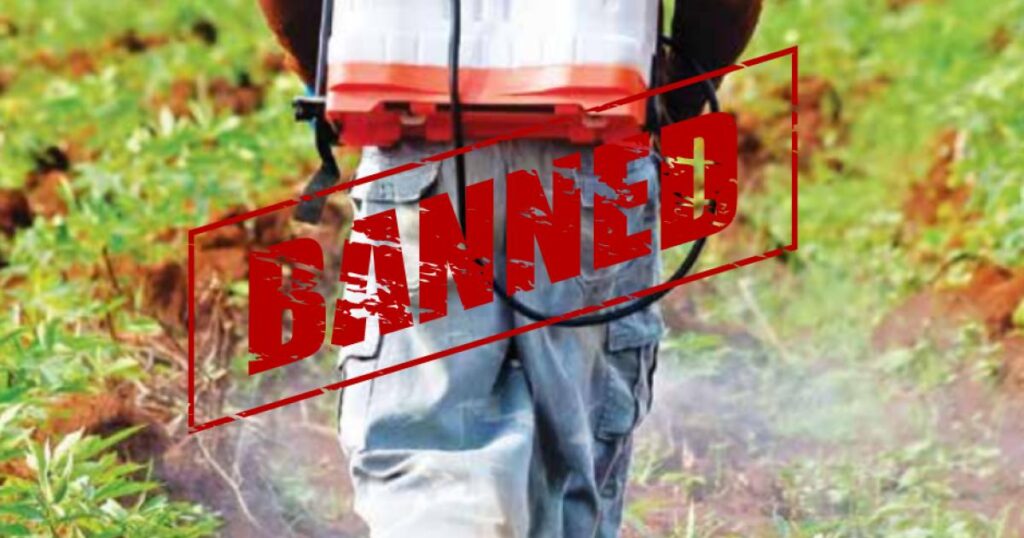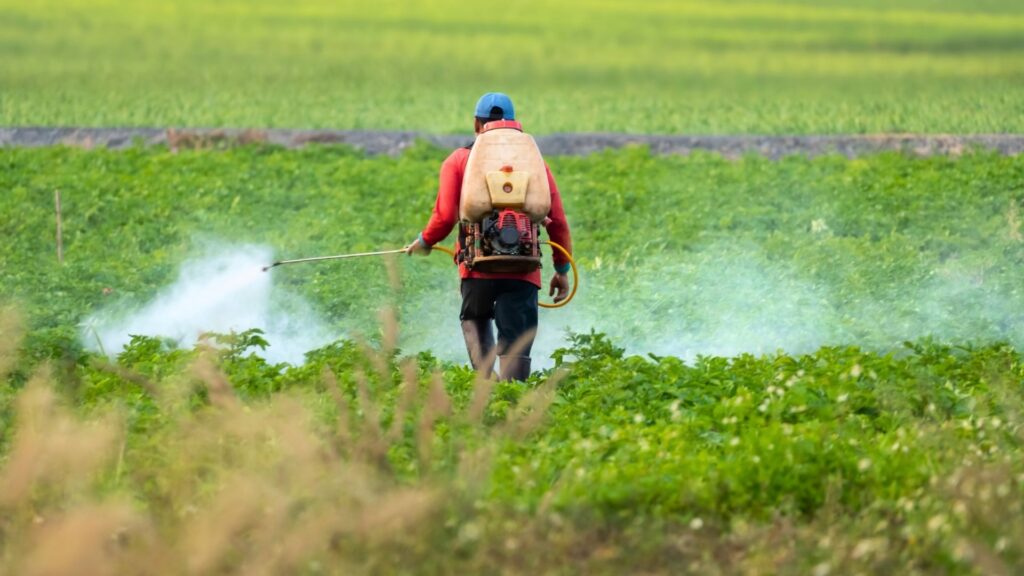The European Union (EU) authorized the shipment of 9,000 tons of pesticides banned within its own borders to the African continent in 2024, according to a report published on September 23 by the Swiss non-governmental organization Public Eye and Unearthed, the investigative unit of Greenpeace UK.
The investigation, which analyzed “hundreds of export notifications” filed by various companies with the European Chemicals Agency (ECHA) and national authorities, found that a total of 122,000 tons of banned pesticides were shipped to 93 countries globally.
On the African continent, the primary destinations were Morocco and South Africa, which received 3,264 tons and 2,153 tons, respectively, accounting for 60% of the continent’s total imports.

Among the chemicals shipped to these two countries was Dichloropropene (1,3-D), a treatment used for fruits and vegetables. The chemical is classified as a probable carcinogen in the United States and has been banned in the EU since 2007 due to risks of groundwater contamination and harm to biodiversity.
The report accused the European Commission (EC), the EU’s executive arm, of “inaction,” noting that the continued exports persist despite the EC’s prior commitment to end the practice under a new chemical strategy.
The investigation found that the business remains “flourishing,” driven by companies including Switzerland’s Syngenta, Germany’s BASF, and the U.S. firm Corteva Agriscience.
Public Eye condemned the EC’s “double standard,” asserting that it poses an “unacceptable risk” to communities in low and middle-income countries, which make up three-quarters of the total importing nations.
Kara Mackay, campaign coordinator for the South African organization Women on Farms, told Public Eye, “Sending banned pesticides to Africa, or any other low-income country, is only possible if you see the people that use these pesticides as inferior and therefore you do not have to care for their health. The practice puts profit before people and we in South Africa are demanding a change. We are sick of it and literally sick from it.”
This is not the first time Public Eye has exposed questionable trade practices between Europe and Africa. In 2019, the NGO revealed that Switzerland was mass-exporting toxic cigarettes to the African continent, goods that could not be sold in Europe, with Morocco identified as a primary destination.
Cc: Espoir Olodo



